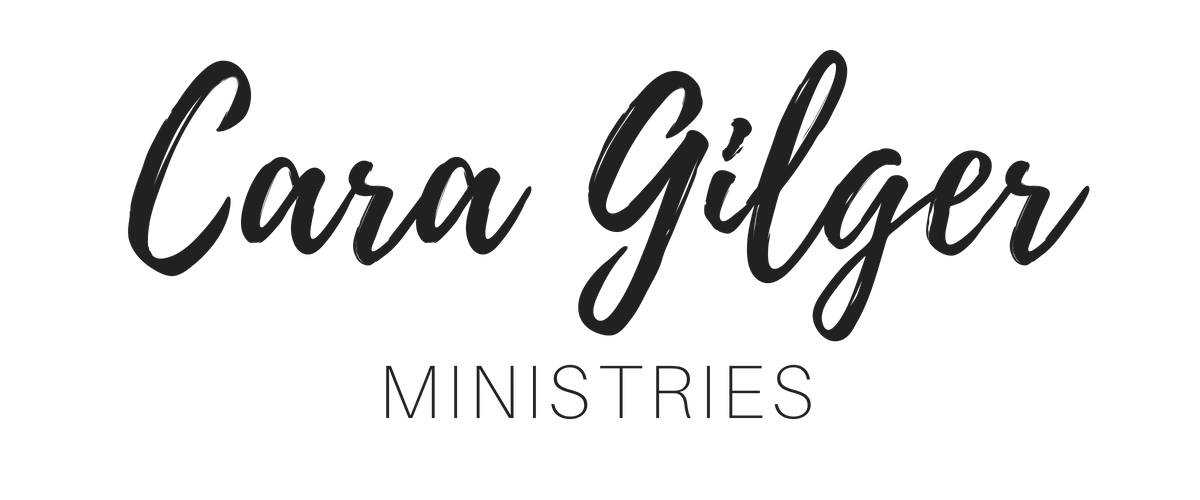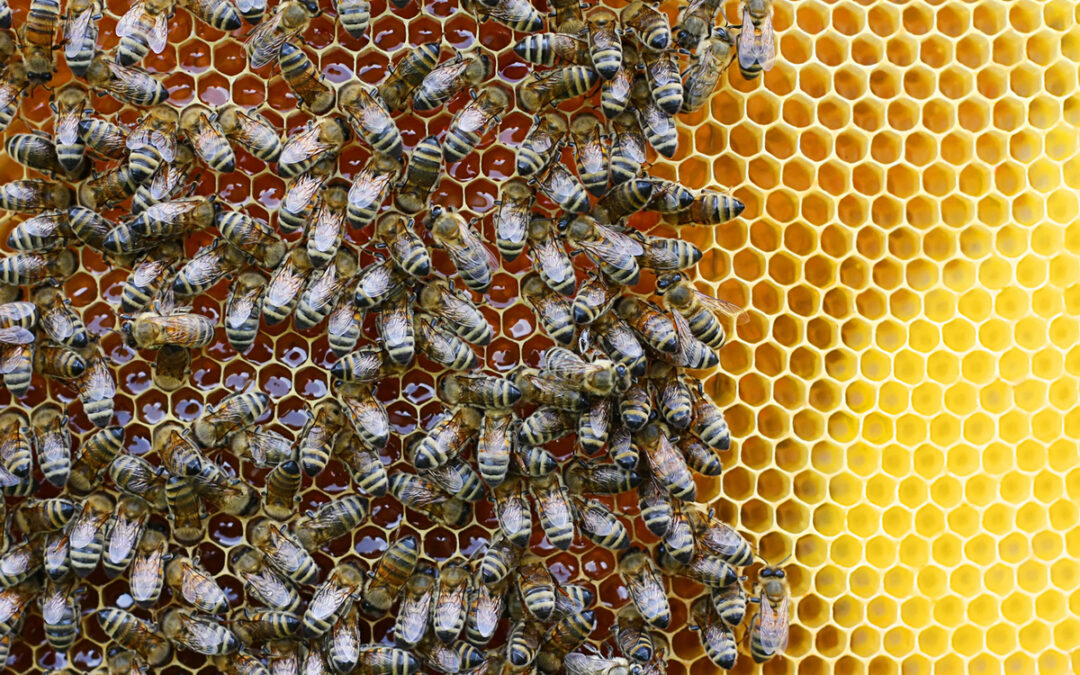“Did you know that a single bee working all its life will only make one twelfth of a teaspoon of honey?” said Mr. Singh.
“One twelfth of a teaspoon? That’s like…nothing.” Mercy thought there was something a bit depressing about that; just the teenist tip of a teaspoon for your life’s work.
“Well the tiny drops of honey add up so that eventually you get liters of honey from one hive. And do you know what would happen if the bees didn’t do their work?”
“No honey?”
“Yes but no apples, no nuts, no oranges, berries, peaches, avocados or tomatoes either…so much fruit and vegetables need bees. Because while they are doing this busy work collecting nectar, bees are also doing for the world a great kindness–which is pollination. Do you remember that poem that Shakespeare wrote? About mercy?”
“About blessing?”
“Yes, mercy blesses him that gives and him that takes. It’s the same thing with flowers and bees: give and take. It enriches both. It’s a little act of mercy and a miracle. A beautiful arrangement.”
I was going to highlight Bridget Krone’s beautiful middle grade novel Small Mercies in my Currently section of my Newsletter this week. However, after the passing of Supreme Court Justice Ruth Bader Ginsburg and the collective feminine grief it unleashed and subsequent despair I kept coming back to this little passage from her book. I had read it a week prior when I had received my own personal bad news; it was the right book at the right time. A week later upon receiving the news of a great national loss of such a powerful and iconic leader in Justice Ginsberg, I thought of this passage again.
It is easy to despair, in the words of the poet Wendell Berry “in fear of what my life and what my children’s lives may be.” There is no denying that we are living in a moment in history in which much is required of us and even more is uncertain. It is difficult to know what to do to make a difference and it is easy to feel as though none can be made.
Let me be plain: cynicism is the tool of empire. It is the tool of capitalism, nationalism, racism and militarism. It tells us that our miniscule one-twelfth of a teaspoon of work does not matter. That in the face of huge systems built to uphold wealth for some by maintaining the poverty of many, our small part will not make a difference. Cynicism loves to whisper to the ego that you cannot make a difference. The ego loves to tell you that the only good work is what gets you recognized or trending.
But cynicism is a liar.
Not all of us will be the formidable and consequential Ruth Bader Ginsburg, but our work is no less important. Honey and anything truly sweet isn’t made by one person famously doing the most, but by many of us working away in our small, often unseen ways. To be a small part of a large work in the world requires hope in the face of cynicism. It requires seeing the world not as it is but as it could be. It draws on both the wisdom of the contemplative and activist branches of our faith to ground our work.
This way of viewing our active lives is difficult because as former Obama speechwriter, Jon Lovett, shared this week “hope is annoying because it demands something of you.” Or as the Black Lives Matter activist DeRay McKesson says “hope is the belief that our tomorrows can be better than our todays. Hope is not magic; hope is work.”
Hope is work. It is work to maintain the imagination it takes to bring mercy into the world. Like a bee, it is work to turn what is beautiful into what can nourish us. But it is not our work alone. And when we do it together, it is a small miracle.
Like what you’ve read? Want more? Sign up for my twice a month newsletter (because we’re not spammy) and get original content you can’t find here on the blog. Reflections on faith and living, book recommendations and other good, nerdy fun. Sign up HERE.



All i can say is yes